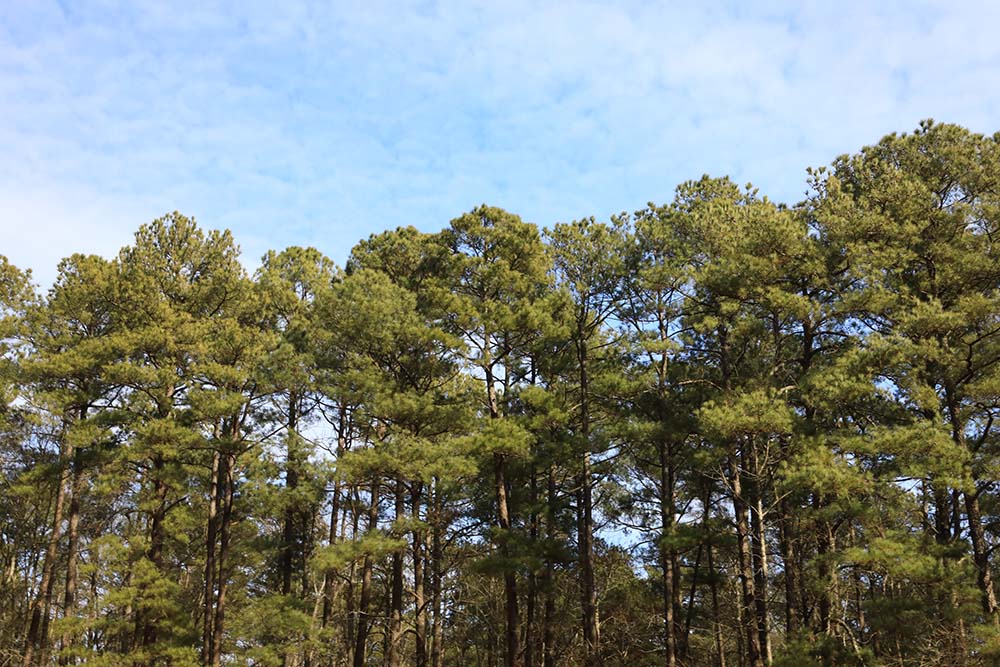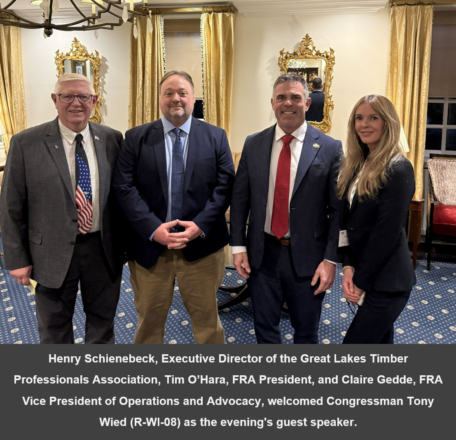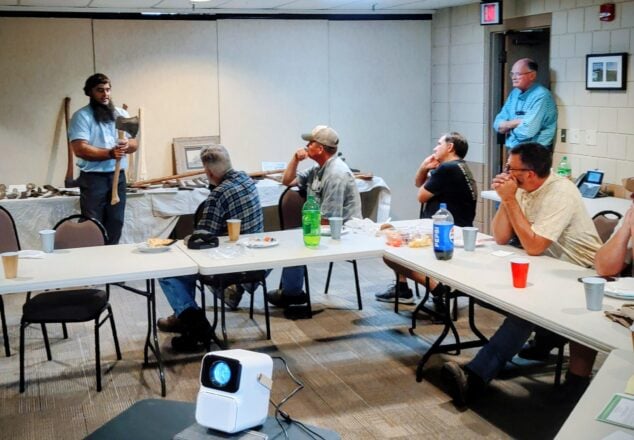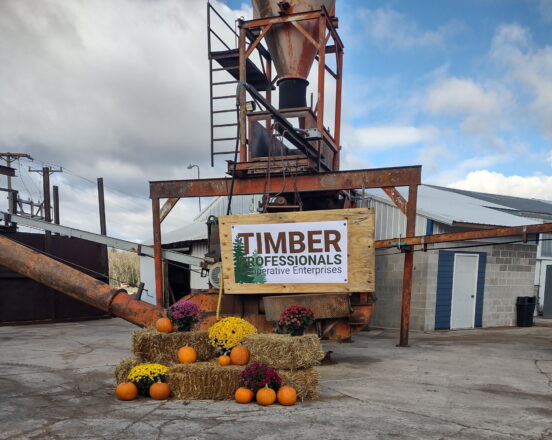Looking Back at a Busy 2021

By the time you read this installment of the Woods to Mill series I will be finishing the final few weeks of my first year as a member of the FRA team. My first Woods to Mill submission (dated February 11, 2021) focused on the value of teamwork. Fortunately, I have had the privilege over the past year to witness this first-hand as I collaborated with my colleagues at FRA to accomplish our goals. Although the FRA team was busy addressing many issues and challenges in 2021, I would like to devote some time here to discuss two common topics that really stood out to me during the past year.
First, it will come as no surprise that trucking issues always seemed to rise to the surface when identifying and discussing challenges and concerns among all industry stakeholders during 2021. The topic always seemed to come up in the “state-by-state” reporting during most, if not all, committee meetings. Trucking challenges and driver shortage issues are frequent agenda topics during our FRA team staff calls as well. And trucking-related concerns were most definitely a major topic of discussion while conducting my site visits during the Outstanding Logger selection process in late Fall of 2021. Much of our focus during the past year was doing our part to help identify creative solutions to address the myriad of transportation-related issues confronting the forest products supply chain.
On the policy front, transportation-related topics were a major component of FRA’s advocacy efforts, with continued support for both the Safe Routes Act and DRIVE-Safe Act. Furthermore, FRA played a major role in ensuring that several state roads in North Carolina were “grandfathered in” with respect to existing gross vehicle weight limits before converting to the federal interstate system. We continued our close partnership with TEAM Safe Trucking and plans are underway to expand our alliance with several new initiatives in 2022. Our investment in transportation research continued as FRA contracted with the University of Georgia to fund a study: “Benchmark Data on Log Truck Insurance Premiums, Claims, and Transportation Safety Practices in the US South.” Dr. Joe Conrad concluded his research in November 2021 and has agreed to participate in an upcoming FRA webinar early this year to share his findings.
And speaking of webinars, FRA hosted several transportation-themed webinars in 2021. The US Endowment for Forestry & Communities kicked off the series in July by promoting their recently launched “Timberhauling.com” platform while Dr. Conrad shared preliminary results of his trucking insurance study in early November. Finally, JB Hunt & M.A. Rigoni participated in a mid-November installment to share information on their successful joint venture to improve trucking efficiency in the Southeastern US, and Rayonier closed out the year in early December by discussing innovative trucking strategies used in New Zealand to improve overall trucking efficiency. It is safe to say that you can expect more trucking webinars in the new year.
The second topic that was frequently mentioned during the past year was everyone’s desire to return to face-to-face meetings. FRA’s Northeast Region successfully resumed their Forest Forum in December (featured in the December 9th “Woods to Mill” series) and everyone is optimistic that these monthly gatherings will be able to continue in early 2022 even though the January meeting has been canceled. Furthermore, I am proud to share the good news that FRA was able to resurrect its popular Timber Harvesting & Procurement Short Course last month after a 13-year hiatus. Twenty-four “students” representing 14 companies and three FRA Regions (Southcentral, Southeastern, and Appalachian) convened at Auburn University on December 14th – 16th for the 50th installment of the course. Dr. Tom Gallagher and his graduate students at Auburn were outstanding hosts! Demand for the course remains high as several companies expressed an interest in participating but were unable to send representatives due to Covid-related travel restrictions. Therefore, there is a high probability that another course will be offered sometime in 2022. Please feel free to contact me if you, or someone you know, are interested in attending the next installment.
I asked Tom Gallagher to provide a short background statement on the evolution of the course for those not familiar with its history:
“I was told when it began it was a 2-week program for new foresters to educate them on matters that pertained to procurement, something that was never really taught at forestry institutions. I believe I attended in 1988 when it had been pared down to a 1-week course. It was held at an old campus facility outside Gulfport, MS and had been there for many years. In 1989, it began to get moved around was held in Asheville, NC. That was my first year as a “faculty member.” I remember cutting it short by a day or so to let everyone get home before Hurricane Hugo hit. I also taught it at Clemson in the very early 2000’s. It was in Jackson, MS in 2006 and we hosted in 2008, and those classes were cut to 3 days.”
One of the discussion topics for the course was highlighting FRA’s Emerging Leaders Initiative since the classroom was full of ideal candidates for that program. Next week’s Woods to Mill article will be the latest version in our Emerging Leaders series, and we have asked an attendee of last month’s Auburn short course to share his insight and experiences with our members. I am excited to learn more from his unique perspective and all feedback received from the students and instructors will help us improve future versions of the course.
Thanks for helping to make my first year a fun and rewarding journey! Happy New Year!


